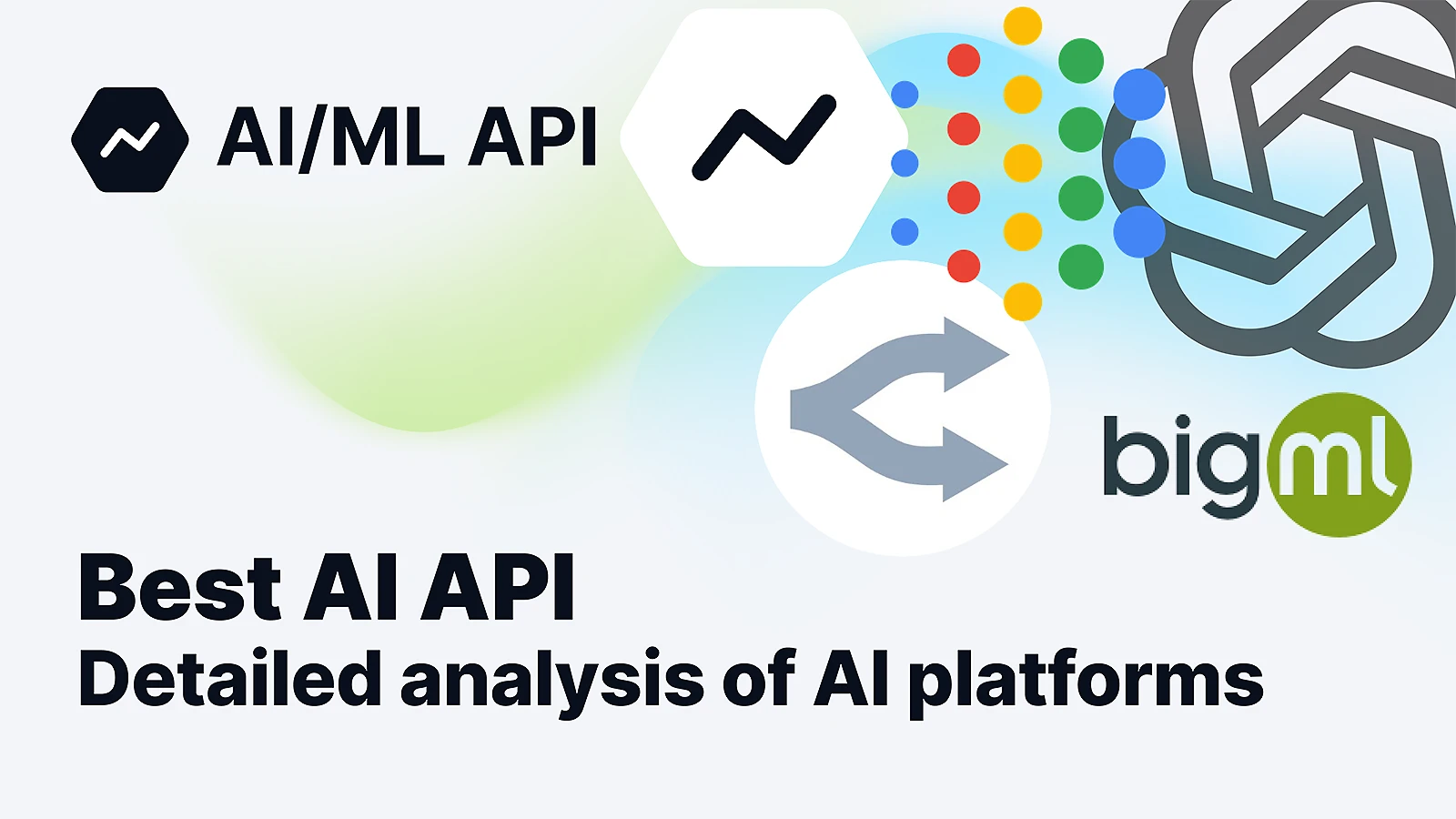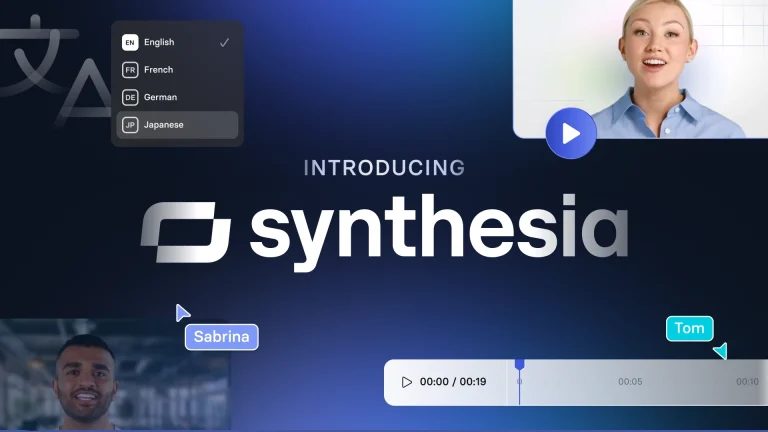7 Powerful AI ML APIs Revolutionizing Development
Perhaps this is the most important AI subject matter I have ever touch upon on my website. In today’s rapidly evolving tech landscape, AI ML API solutions have become indispensable tools for developers like myself seeking to harness the power of artificial intelligence and machine learning. These powerful interfaces we will talk about enable seamless integration of advanced AI capabilities into a wide range of applications, driving innovation across industries.
The transformation brought about by these AI ML APIs has fundamentally changed how we the developers approach complex computational tasks and data analysis.
Table of Contents
The Evolution of AI ML APIs
I can start with the journey of AI ML APIs from specialized tools to mainstream development resources, which reflects the broader democratization of artificial intelligence. By providing pre-trained models and intuitive interfaces, these APIs have broken down barriers that previously limited AI implementation to organizations with extensive resources and expertise. It’s important to note that modern AI ML API platforms offer sophisticated capabilities while maintaining accessibility for developers at all skill levels.
Leading AI ML API Providers and Their Specialties
The landscape that I can describe to you are machine learning api providers is diverse, with each platform offering unique strengths and specializations. Here’s a comparative analysis of the major players I listed below for just an example:
| Provider | Core Strengths | Best Use Cases | Pricing Model |
|---|---|---|---|
| OpenAI API | Language Processing, Text Generation | Content Creation, Chatbots | Pay-per-token |
| Google ML API | Computer Vision, NLP | Enterprise Solutions, Multi-modal AI | Usage-based |
| Amazon ML API | Predictive Analytics, Cloud Integration | E-commerce, IoT Applications | Pay-as-you-go |
| Azure Cognitive | Multi-language Support, Custom Models | Enterprise AI, Mixed Reality | Tiered pricing |
| IBM Watson | Business Intelligence, Data Analysis | Corporate Solutions, Analytics | Subscription |
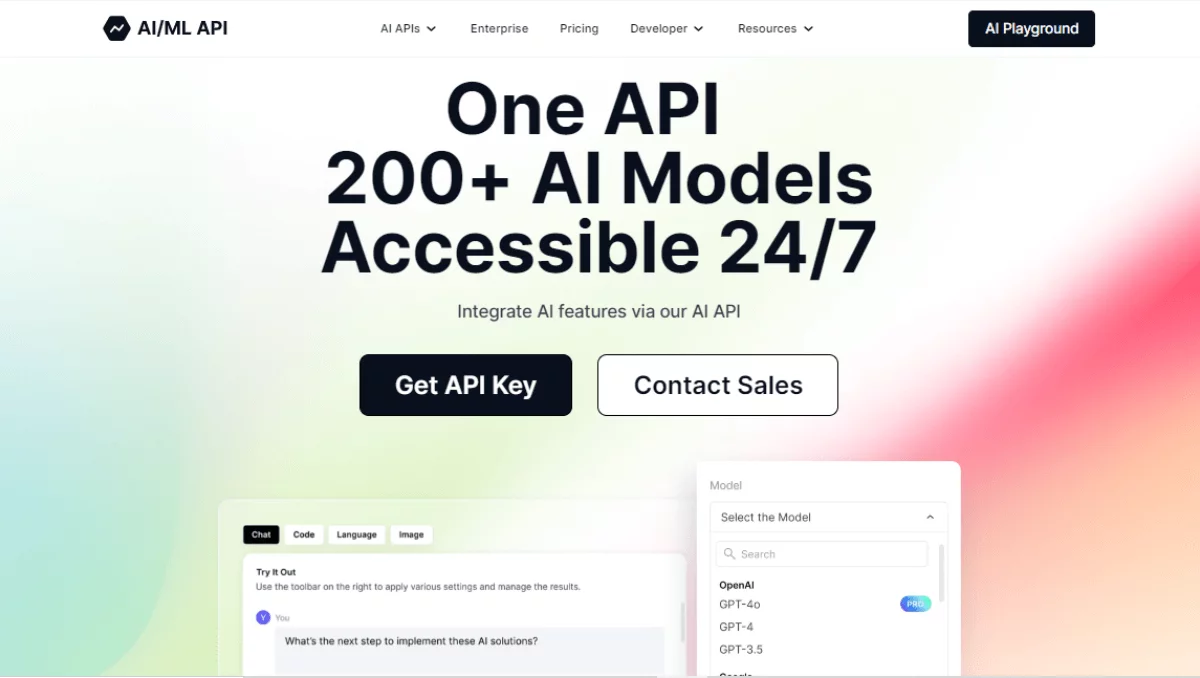
Comprehensive Platform Features
The capabilities of modern machine learning api platforms extend far beyond basic model deployment. Let’s examine the feature sets of leading providers:
| Feature Category | Google ML API | Amazon ML API | Azure ML |
|---|---|---|---|
| Natural Language | Advanced NLP, Translation | Comprehend, Transcribe | Text Analytics |
| Computer Vision | Image Analysis, Object Detection | Rekognition | Computer Vision |
| Speech Services | Speech-to-Text, Text-to-Speech | Polly, Transcribe | Speech Services |
| Custom Models | AutoML | SageMaker | Custom Vision |
| Development Tools | TensorFlow Integration | AWS Integration | Azure DevOps |
Understanding Machine Learning APIs in Practice
The practical implementation of machine learning api solutions requires careful consideration of various factors. Developers must balance performance requirements, scalability needs, and cost considerations. The google ml api, for example, excels in providing scalable solutions for enterprises, offering robust documentation and integration capabilities that simplify the development process.
The Power of Google’s ML API Ecosystem
Google’s ml api suite stands as a testament to the company’s commitment to advancing AI technology. Their offerings encompass a wide range of capabilities, from basic machine learning tasks to cutting-edge AI applications. The platform’s integration with Google Cloud services provides developers with a comprehensive ecosystem for building and deploying AI-powered applications.
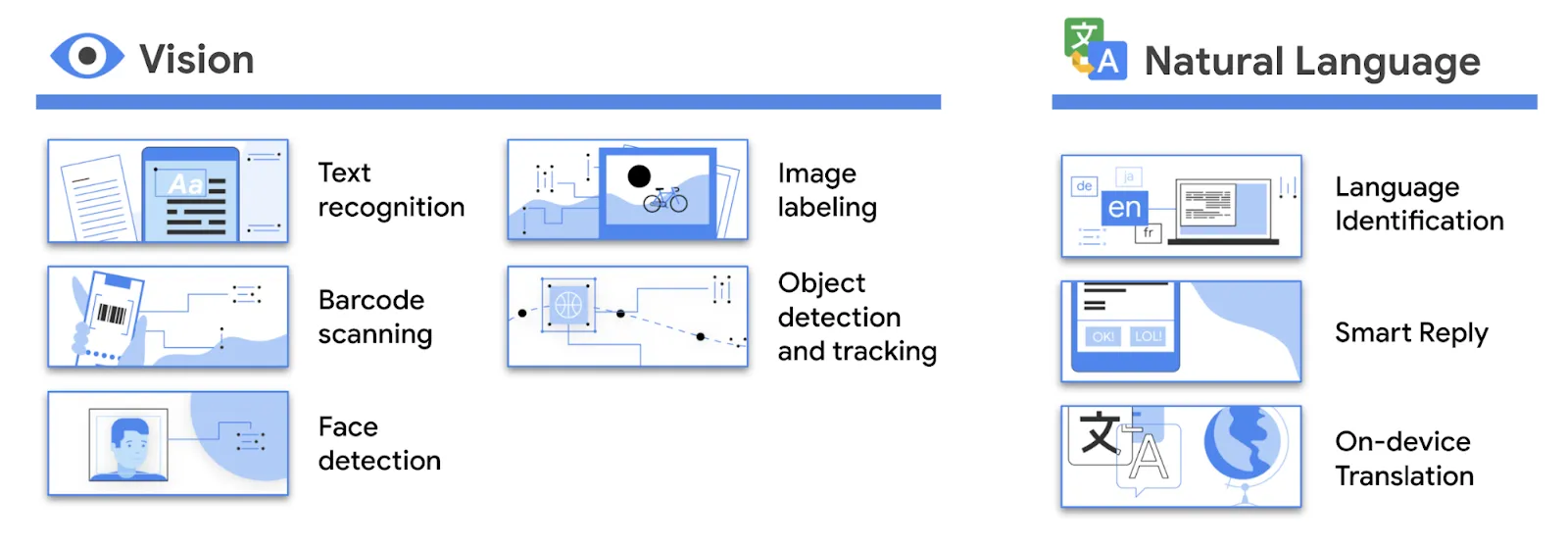
Amazon’s ML API: Cloud-Native Intelligence
Here comes another big boy; the amazon ml api represents a significant evolution in cloud-based machine learning services. Through AWS SageMaker and related services, Amazon has created a robust platform that supports the entire machine learning lifecycle. Their approach to ml api development emphasizes scalability and integration with existing cloud infrastructure, making it particularly attractive for businesses already invested in the AWS ecosystem.
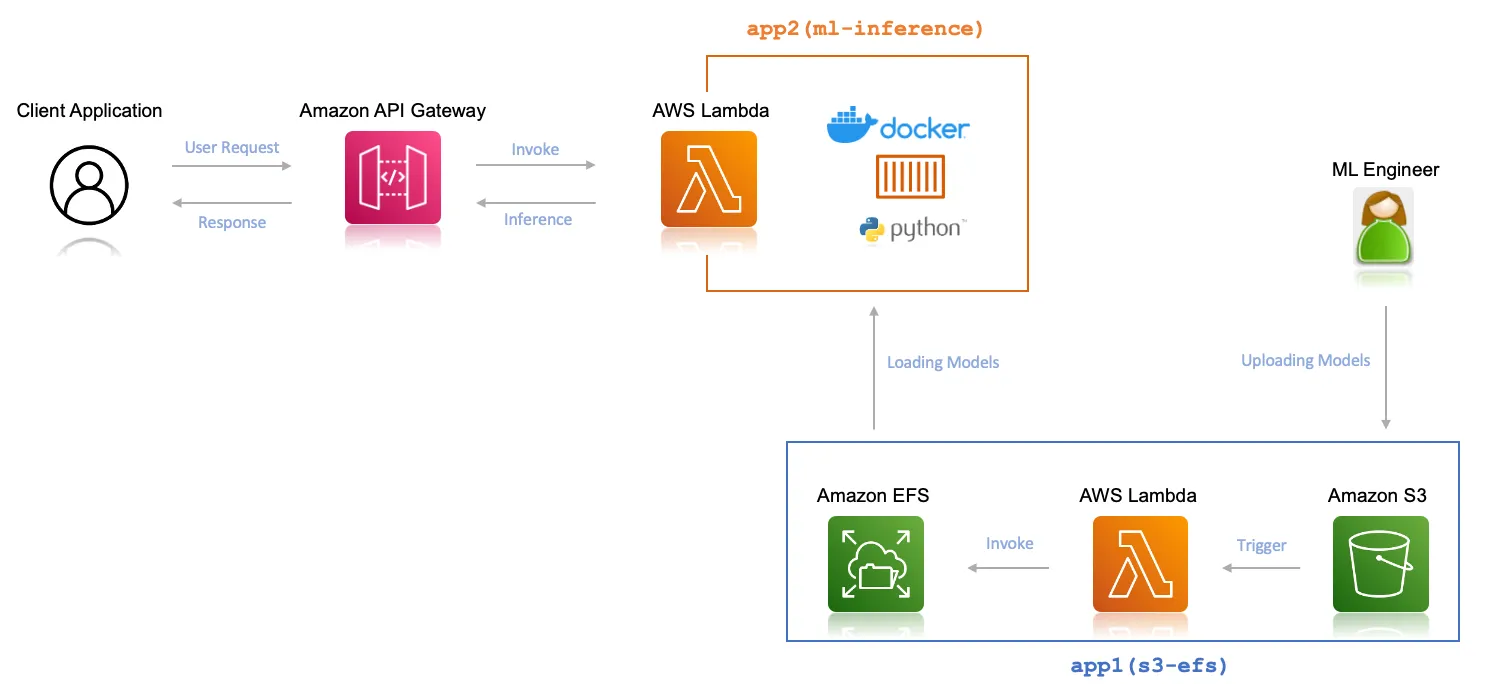
Industry Applications and Impact
The versatility of AI ML APIs has led to transformative applications across numerous sectors. In healthcare, these APIs power diagnostic tools and patient care optimization systems. Financial institutions leverage them for risk assessment and fraud detection. Manufacturers employ them for quality control and predictive maintenance. The retail sector uses them for personalized recommendations and inventory management.
Affiliate Marketing Integration with AI ML APIs
The convergence of affiliate marketing and AI ML APIs creates powerful opportunities for marketers looking to enhance their promotional strategies. Here’s a strategic section you can add to your blog post:
Monetization Through Affiliate Programs
Many AI ML API providers offer lucrative affiliate programs that complement their technical offerings. For instance, major players like Amazon’s ML API and Google’s ML API provide commission-based partnerships through their respective affiliate networks. These programs typically offer recurring commissions, making them particularly attractive for long-term revenue generation.
Strategic Implementation for Affiliates
When promoting AI ML APIs through affiliate channels, success comes from understanding both the technical aspects and marketing dynamics. The affiliate marketing industry has grown significantly, reaching $8.2 billion in 2023. This growth presents substantial opportunities for those marketing technical products like APIs.
Data-Driven Affiliate Strategies
Modern affiliate marketing in the tech space is increasingly data-driven, with AI tools revolutionizing content creation and optimization. For API affiliates, this means leveraging:
| Marketing Approach | Benefits | Implementation |
|---|---|---|
| Content Creation | AI-assisted technical writing | Tutorial and use-case focused content |
| Audience Targeting | Data-driven personalization | Industry-specific solutions |
| Performance Tracking | Advanced analytics | Conversion optimization |
2024 Integration Trends
The landscape of affiliate marketing in the API space is evolving rapidly. Key trends include the integration of influencer partnerships with technical content creation, improved affiliate platforms powered by AI, and an increasing focus on B2B affiliate marketing for technical products. These developments make it an ideal time to combine affiliate marketing strategies with AI ML API promotion.
Technical Considerations and Implementation
When implementing machine learning api solutions, developers must consider several technical aspects:
| Aspect | Consideration | Impact |
|---|---|---|
| Data Privacy | Compliance Requirements | Choice of API provider and deployment model |
| Scalability | Traffic Patterns | Infrastructure and cost planning |
| Integration | Existing Systems | Development timeline and complexity |
| Performance | Response Time | User experience and application efficiency |
| Cost | Usage Patterns | Budget and resource allocation |
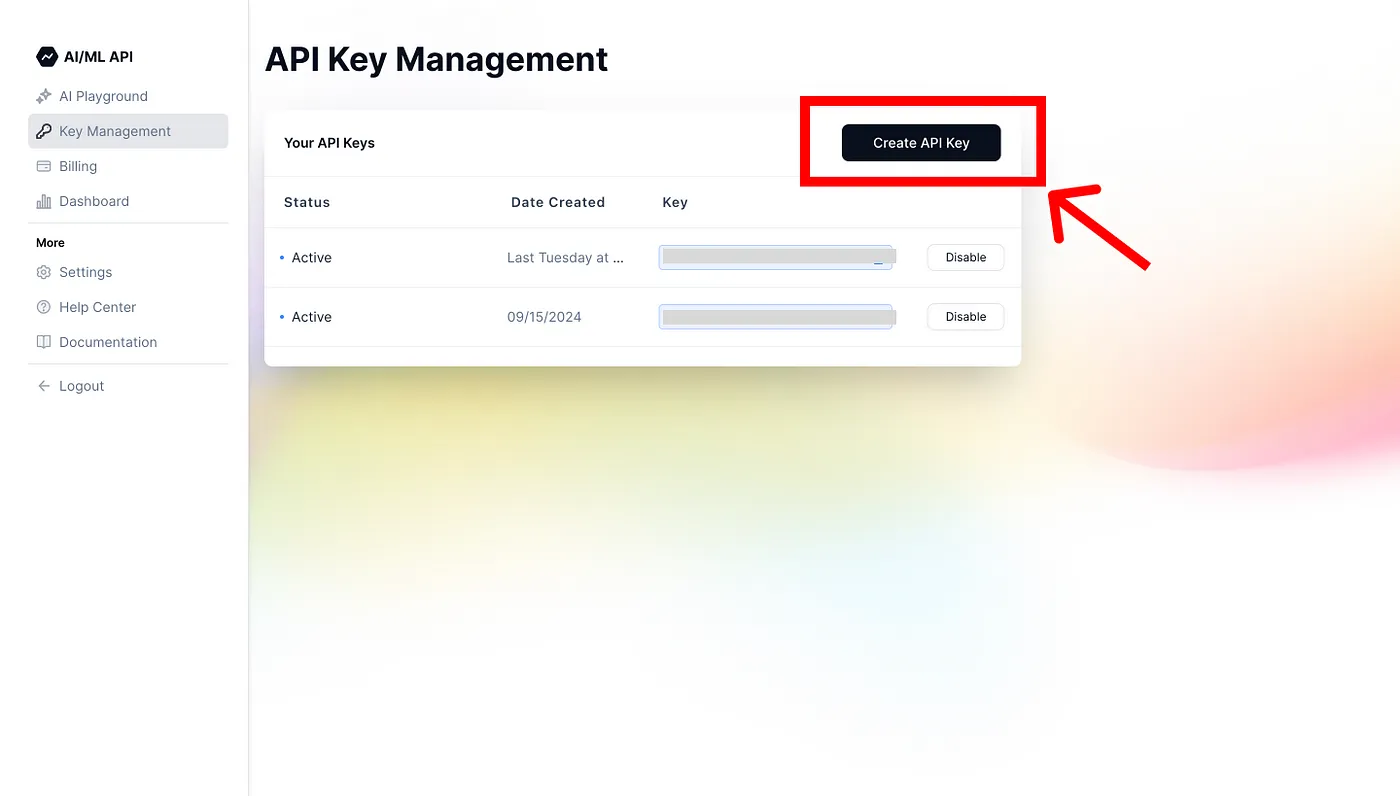
Future Trends and Innovations
The future of ai ml api development points toward increased sophistication and accessibility. Emerging trends suggest a focus on edge computing integration, enhanced privacy features, and more specialized APIs for specific industry applications. The continued evolution of these platforms will likely bring improved performance, lower costs, and more intuitive development experiences.
Market Analysis and Growth Projections
The machine learning api market continues to expand rapidly, driven by increasing demand for AI-powered solutions. Industry analysts project substantial growth in the coming years, with particular emphasis on specialized APIs for emerging technologies like autonomous vehicles, smart cities, and advanced robotics.

Best Practices for API Implementation
Success with machine learning api integration requires adherence to established best practices. This includes proper error handling, efficient resource management, and comprehensive testing protocols. Developers should also consider implementing monitoring systems to track API performance and usage patterns.
Conclusion
The landscape of AI ML APIs continues to evolve, offering increasingly sophisticated tools for developers and businesses. From the comprehensive capabilities of the google ml api to the robust infrastructure of the amazon ml API, these platforms are enabling unprecedented innovation in software development. As we look to the future, the continued advancement of these technologies promises to further transform how we build and deploy intelligent applications.
GET IN TOUCH

